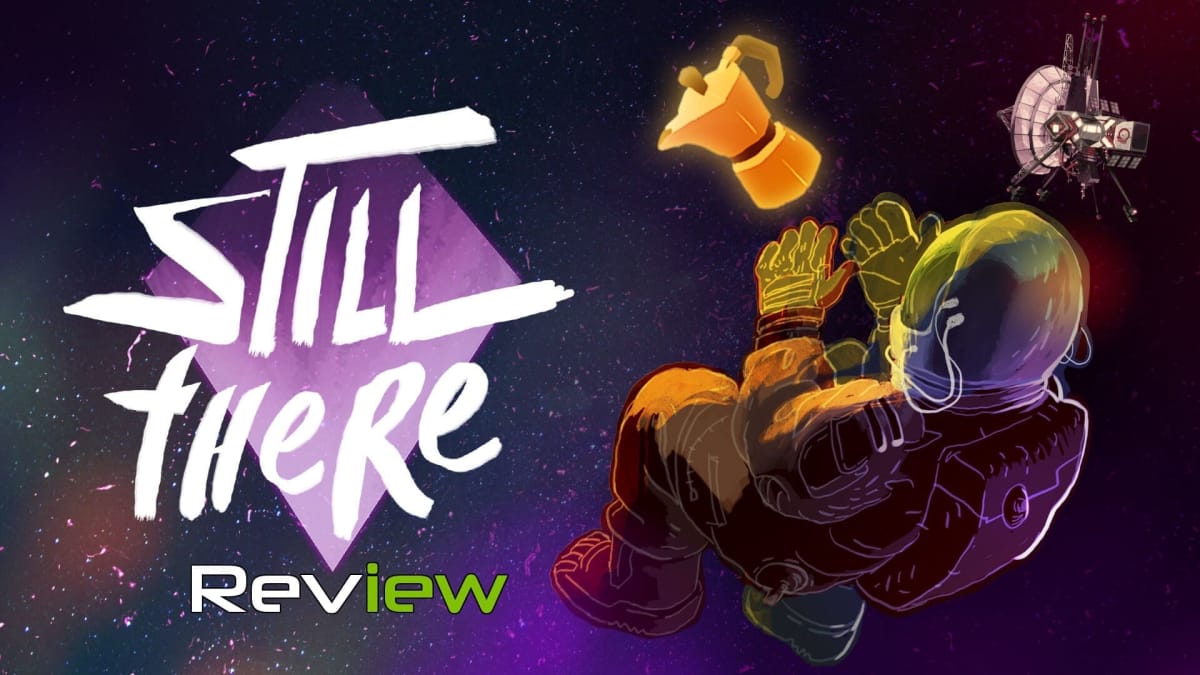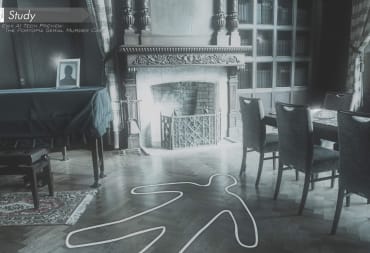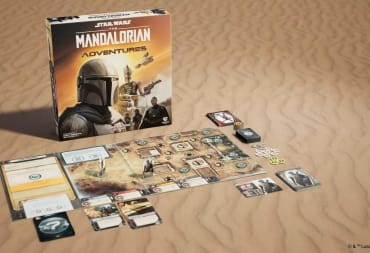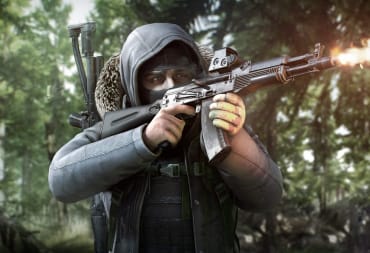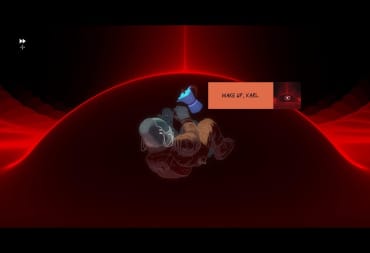As metaphors for loneliness go, space is a fairly obvious and well-trodden example. If you're writing a story and you want your protagonist to seem detached and isolated from society, put 'em in space. For bonus points, give them a distant voice to talk to through a crackly intercom, or preferably an artificial intelligence. Malevolence is optional - as long as your main character doesn't have too much contact with the outside world, you're golden. Still There, a psychological adventure game from Ghostshark Games, sports all of these hallmarks. Lonely protagonist? Check. Isolated space setting? You betcha. AI companion? Yep, and furthermore, yep.
That said, adhering to cliche doesn't have to mean a poor story. It's still possible to do something interesting with the setting, characters, and general plot ideas of your typical "sure is lonely out in space" narrative. Observation, Tacoma, and the movie Moon spring to mind. Still There's twist on the formula is as follows. You are Karl Hamba, a space lighthouse-keeper on the Bento station. Karl must keep his station running by performing a series of menial daily tasks and verbally sparring with snarky artificial intelligence companion Gorky. One day, Karl picks up on a mysterious radio transmission that changes the nature of his job and brings back old unpleasant memories.
Still There | Perpetual Emotion
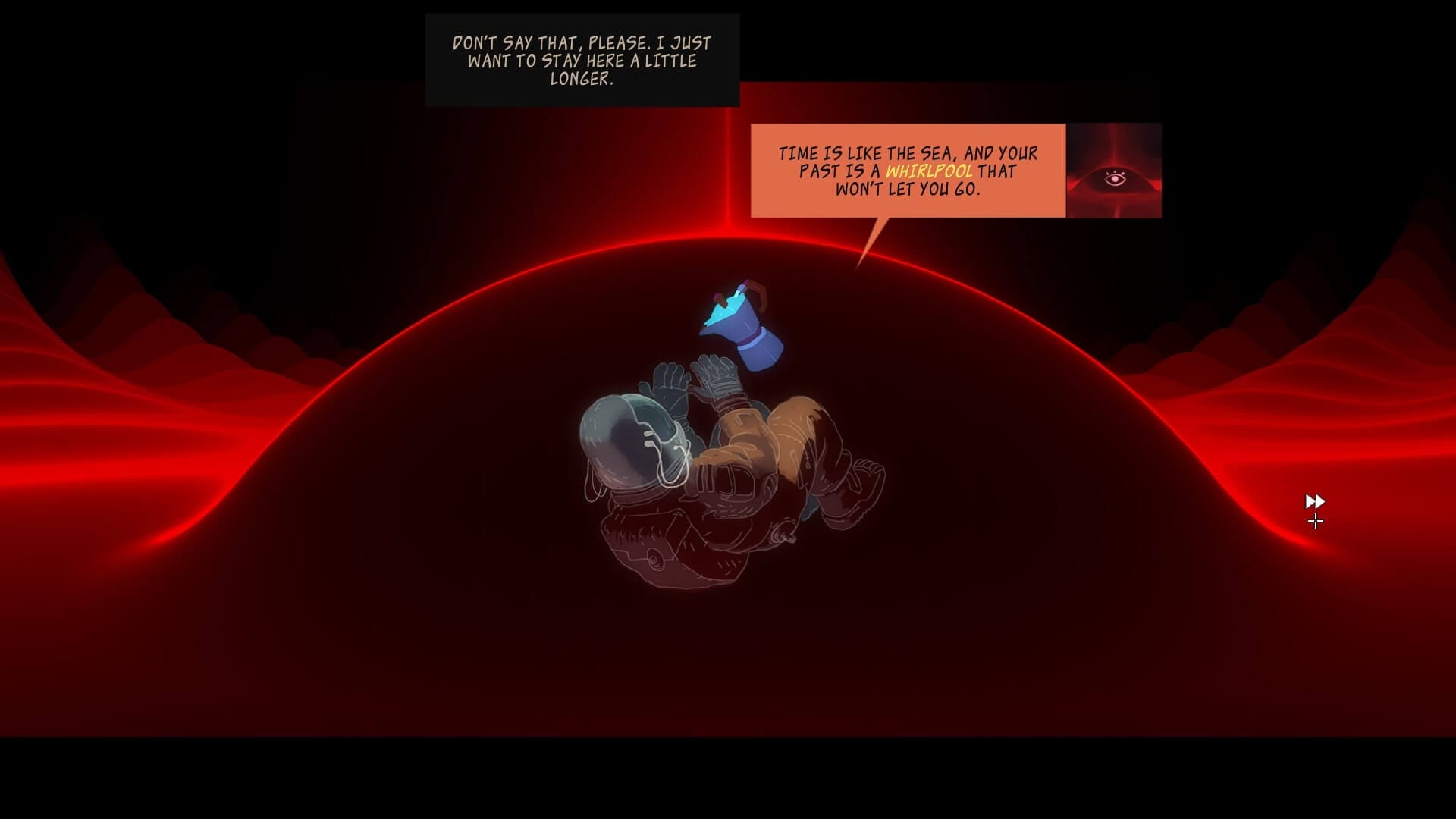
If you're looking for a fun space story about computers and warships, you're in the wrong lighthouse. Still There is more along the lines of tearjerker movies like Never Let Me Go or games like Last Day Of June. It's very clearly aiming for the heartstrings. Everything from the insistent soundtrack to the constant metaphorical presence of Karl's estranged family screams "we want to make you cry". That's a job for the writing, and it's one Still There mostly manages to pull off. Karl's back-and-forth with his AI friend Gorky can feel a little forced at times. Even so, the mundanity of Karl's everyday life juxtaposes well with the grandeur of space and the twists the plot takes.
Unfortunately, Still There leans a little too hard on pulling your heartstrings in cheap ways. The storytelling is good - the characters are well-rounded and the directions in which the plot goes are satisfying. With that in mind, there's no real reason for the constant sad piano soundtrack in the background. It's almost as if the music is trying to say "you are sad, continue to be sad, being sad is your preferred state of mind right now". It's doing unnecessary work, since the narrative, dialogue, and general isolated tone all communicate the emotional register of Still There perfectly well. As it is, the piano isn't adding anything and might even be detrimental by hammering the pathos home.
It's a good thing that Still There's story carries enough emotional weight to overcome this shortcoming. The themes are writ rather large: family, love, boredom, loneliness, and the faceless nature of corporations are all well-trodden sci-fi motifs. There are precious few "serious" sci-fi games, though, so Still There earns a narrative pass despite its occasional bluntness. There's also a sweetness to the writing that engenders sympathy and empathy for Karl and his plight. Cheap sex jokes aside (there are one or two, and they feel baffling when they happen), Still There is on its characters' side, which means we are too.
Still There | The Banal Frontier
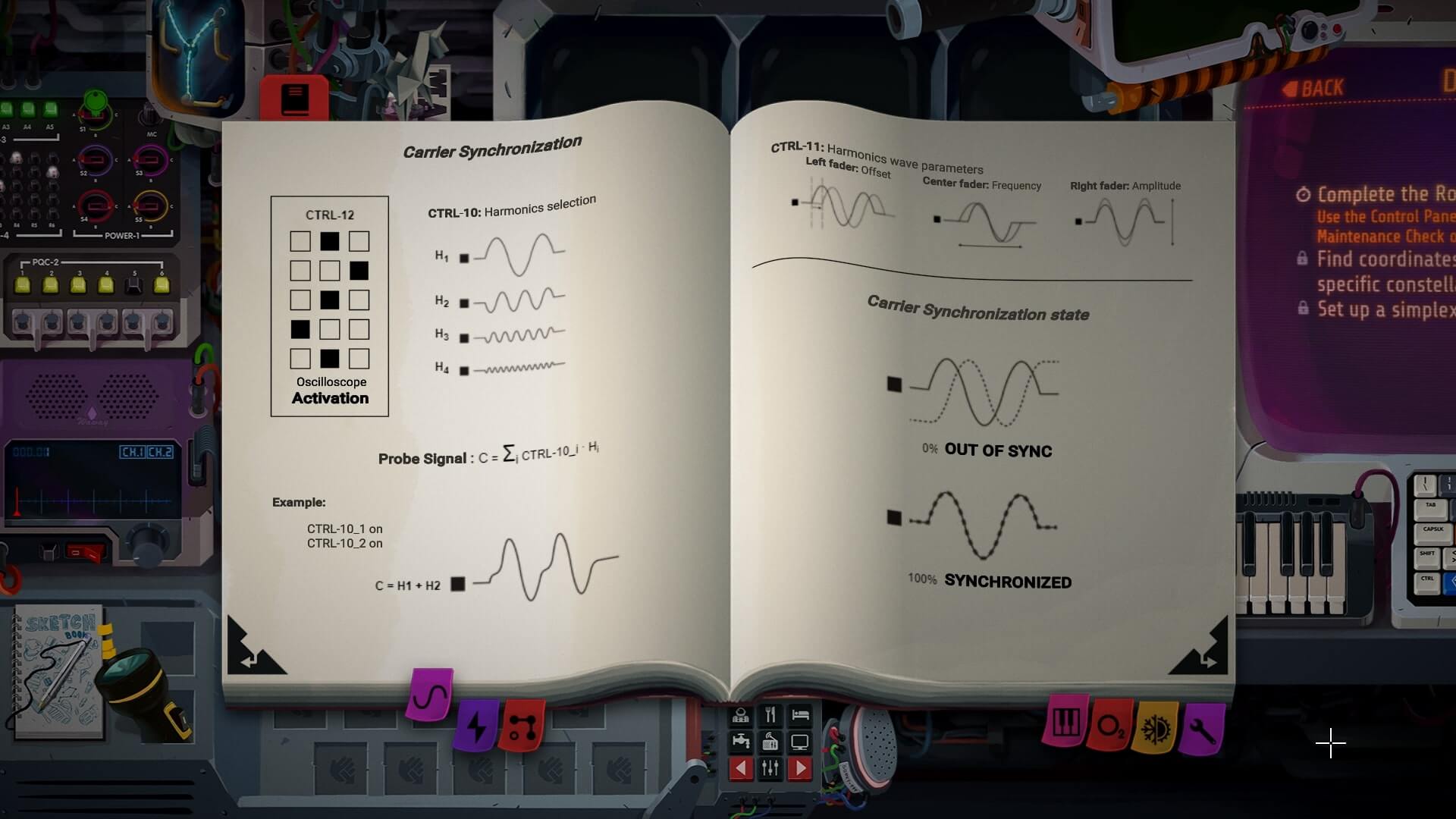
Most of Still There's gameplay mechanics revolve around Karl's job as a space lighthouse operator. Your tasks largely consist of twiddling control desks and switches. You'll also be observing distant star charts and firing off emails to your faceless but omnipresent superiors at Brane Co. All of the puzzles take place on the same dizzying array of buttons, keys, and screens. Gameplay cleverly implements your workstation and uses its many facets for different things. At one stage you'll be asked to monitor power levels on the station, while at another you'll be trying to align a capsule so you can receive it in your lighthouse's mail slot.
All of the puzzles rely on the Bento Technical Manual, a six or seven-page tome that contains crucial information about operating your control desk. Each puzzle in Still There needs you to check a different section of the Manual. You might need to turn a series of switches according to a diagram, for example, or play a certain keyboard melody to receive a message. Given the emotional tone of the story, it would be easy for Ghostshark to cop out and make the puzzles too easy. If anything, the studio has opted to go in the opposite direction. Many of Still There's puzzles are such headscratchers that if you're not a certified space genius you'll probably get stuck.
Ghostshark's solution to this is to include an easy mode for the puzzles which bypasses many of their more difficult mechanics. Something in between master engineer and complete idiot would be nice. There's no reason why Still There couldn't give you smaller incremental hints towards its puzzle solutions rather than the all-in method it's gone for. Either you know how to solve the puzzle in its entirety or you skip it completely, forgoing the associated achievement in the process. It feels rather extreme and doesn't accommodate players of varying skill levels.
Still There | Star Power
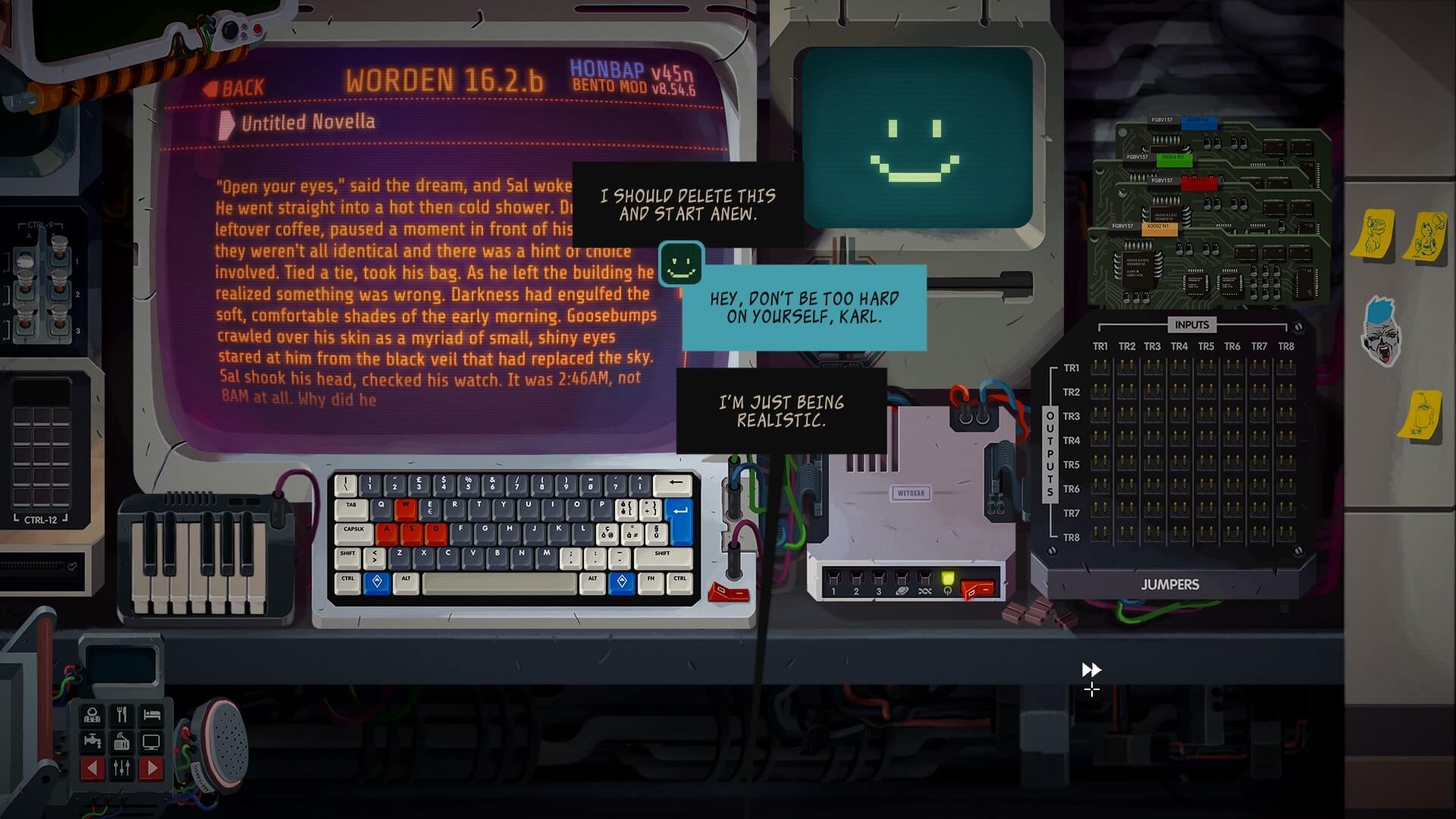
Despite its problems, there's a magic to Still There that's hard to place. Maybe it's the way it achieves an emotional resonance that many triple-A games can't, despite having a fraction of their budget. There are a couple of really well-integrated moments where the narrative and the gameplay work in tandem. In an early dream sequence, a mysterious figure asks Karl if he's okay. Despite having a choice between two options - "I'm OK" and "I'm not OK" - Still There won't let you choose the latter. Your mouse always moves to "I'm OK", even if you want to say you're not.
There are a few moments like this scattered throughout Still There, although they're a little too infrequent. For the most part, Still There is a game about tending to your space station, chatting to your AI friend, and occasionally making big emotional decisions. As an experience, Still There has few frills. There are no extra endings to unlock and no real dialogue trees to speak of. Sometimes, you'll get the chance to choose a dialogue option, but these moments don't have any real impact on the plot. That's fine though. Still There wants to retain a tight grip on its pacing, which makes sense given the story it's telling.
If you're looking for a deep, replayable experience with plenty of branching pathways and player choice, Still There isn't for you. Rather than suffering the identity crisis many games seem to go through nowadays, Still There is content to be what it is: a simple, straightforward, and linear story-driven experience. It won't last you more than around five hours, and that's including puzzle thinking time. There's also no replay value whatsoever. Puzzles don't change the second time around, so once you've figured them out, you know everything Still There needs you to know. This isn't a bad thing because it allows Still There to focus on its strengths.
Still There Review | Final Thoughts
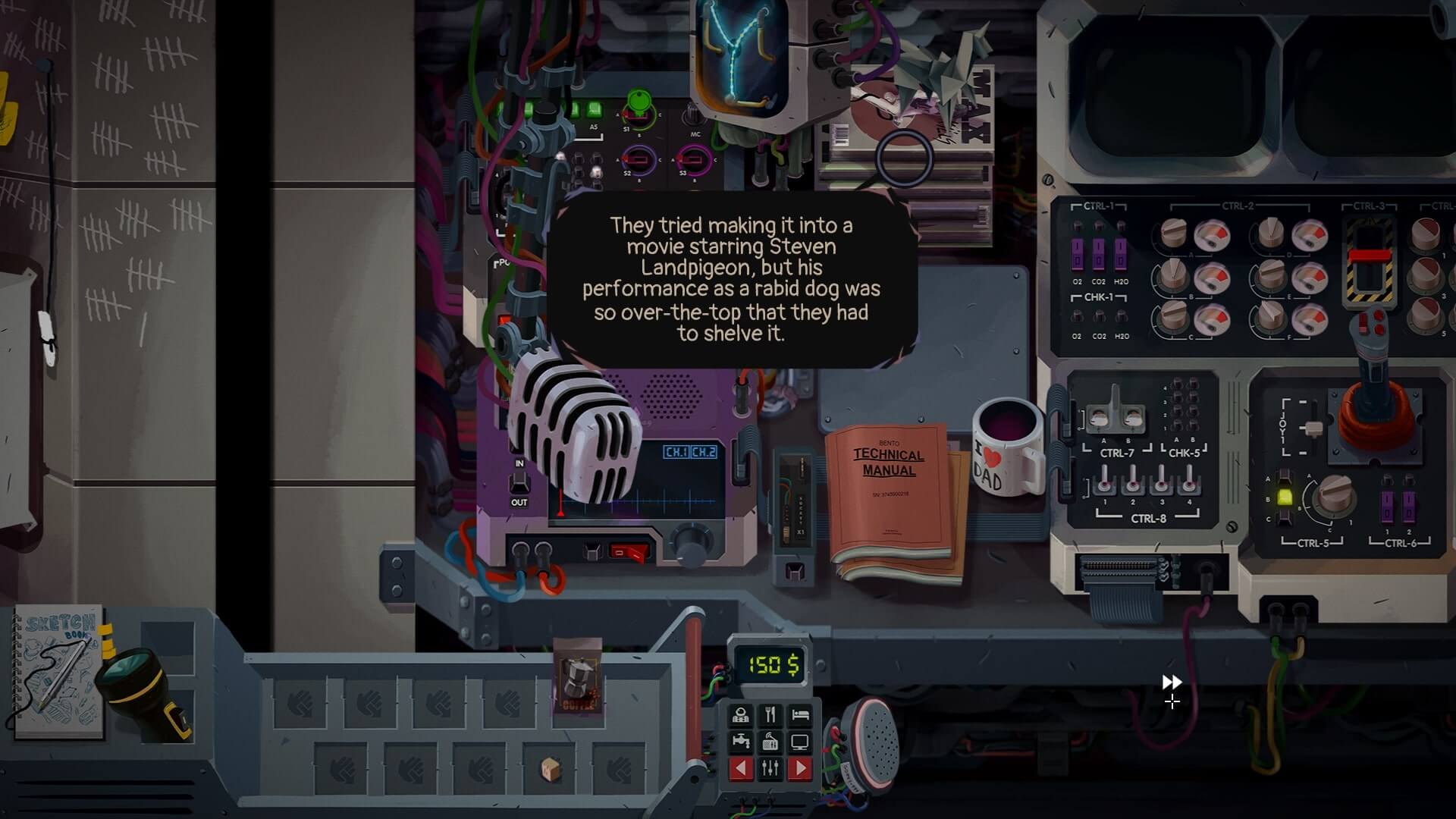
Although it can pluck a little too forcefully on the heartstrings at times, I appreciated my time with Still There. "Enjoyed" wouldn't be the word - it's too emotionally harrowing for that. What you'll get here is a well-constructed narrative game that knows its boundaries and doesn't test them. Still There delivers its many gut-punches with precision and confidence that you'll appreciate if you love movies like Moon, Interstellar, and Arrival. While it never hits the same dizzying highs some of those stories do, Still There's puzzles, well-written dialogue, and solid pacing make it well worth a look.
TechRaptor reviewed Still There on PC via Steam with a copy provided by the developer. It's also available on Nintendo Switch via the eShop.
Review Summary
Pros
- Beautiful Art
- Compelling, Emotional Narrative
- Well-Implemented Puzzles
Cons
- Annoying Soundtrack
- Rigid Puzzle Difficulty
- Short Length
Have a tip, or want to point out something we missed? Leave a Comment or e-mail us at tips@techraptor.net
